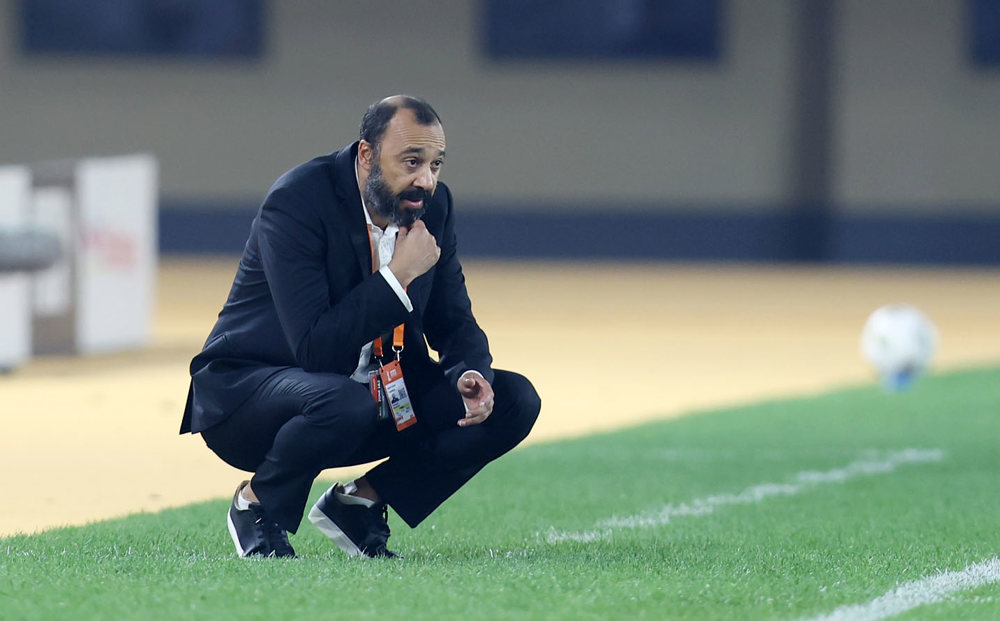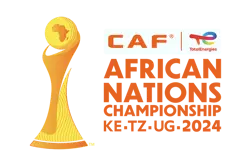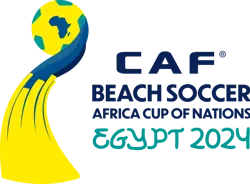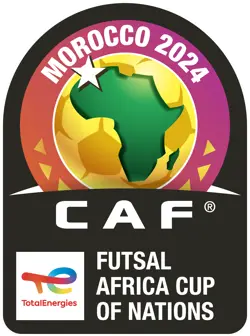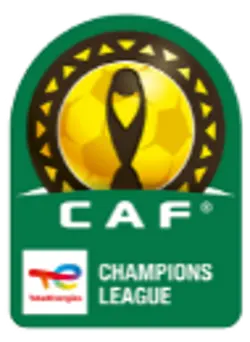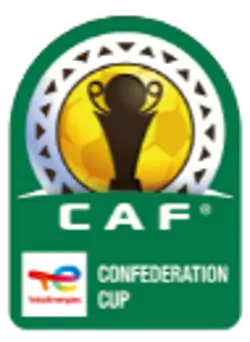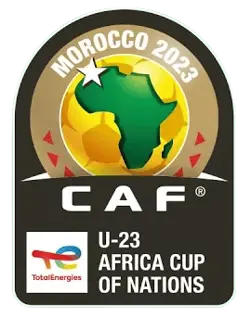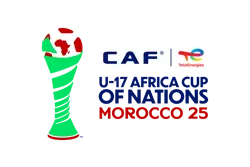Tactical Analysis: How Morocco plan to tame Madagascar in CHAN final
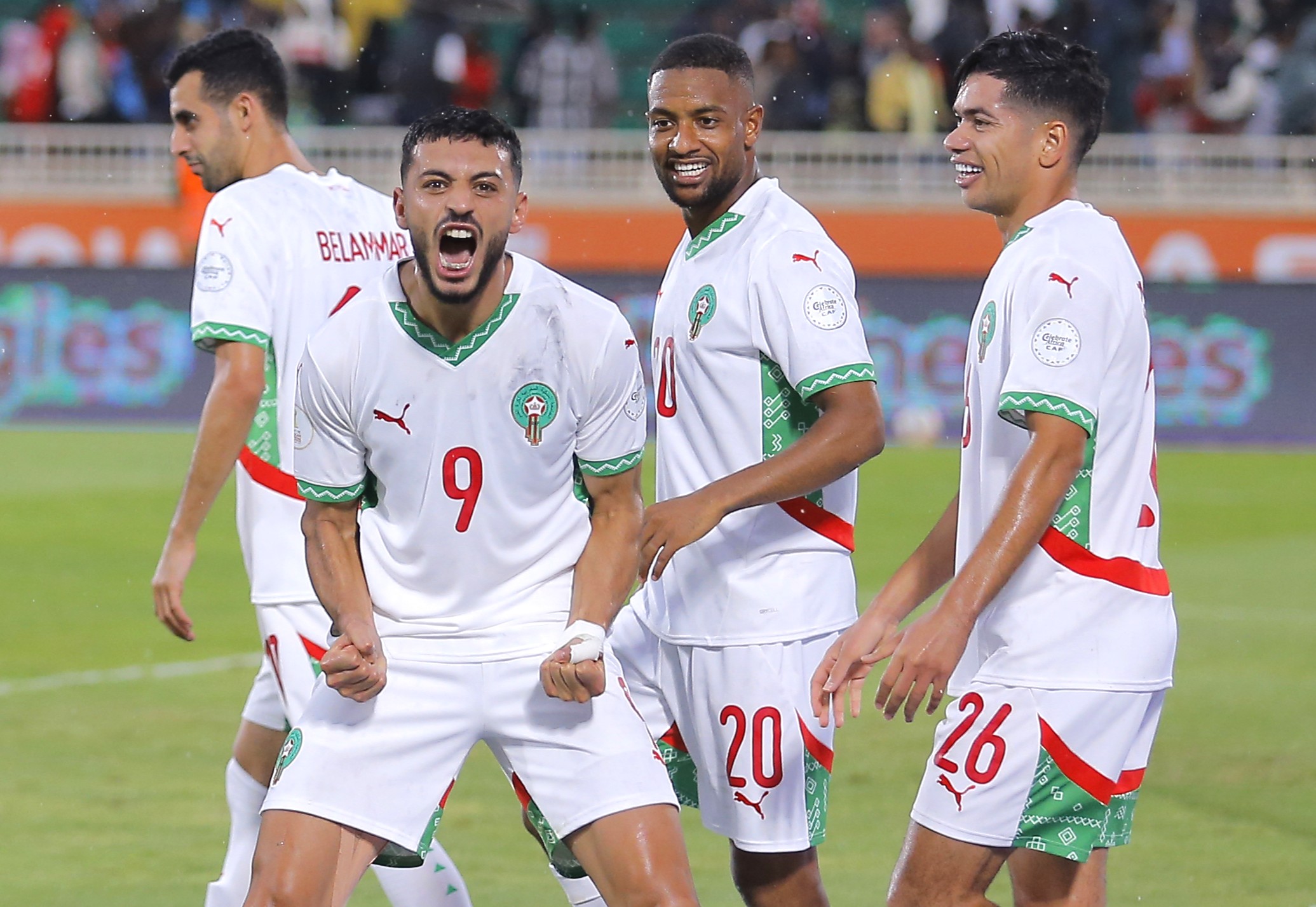
As Morocco prepare to face Madagascar in Saturday’s TotalEnergies CAF African Nations Championship (CHAN) PAMOJA 2024 final, the focus is on whether the Atlas Lions’ tactical maturity and tournament pedigree can carry them to a record third title.
According to Kamel Kolsi, the former Tunisian international and respected member of CAF’s Technical Study Group (TSG), Morocco’s biggest strength lies in their ability to remain calm under pressure while still carrying a potent attacking edge.
“We saw in the semi-final against Senegal that Morocco can play in two ways,” Kolsi explained.
“They can build patiently, using lateral or backward passes to escape pressing, but they also know when to accelerate and break lines quickly. That mix of composure and explosiveness makes them very hard to contain.”

Handling transitions with confidence
Senegal’s youthful side pressed aggressively in the semi-final, yet Morocco’s defensive block remained largely unshaken.
Goalkeeper El Mehdi Al Harrar and his back four consistently recycled possession until openings emerged. Once beyond the press, midfielders such as Youssef Mehri were quick to trigger forward thrusts.
Kolsi observed: “In transition, Morocco adapt instantly. If the opponent is unbalanced, they look for depth immediately. If not, they create overloads around the ball, keep it, and progress in zones. That flexibility is the hallmark of a mature team.”
This dual approach — patient retention when needed, rapid depth play when the moment arises — has been Morocco’s calling card throughout the tournament. It is likely to feature again in the final.
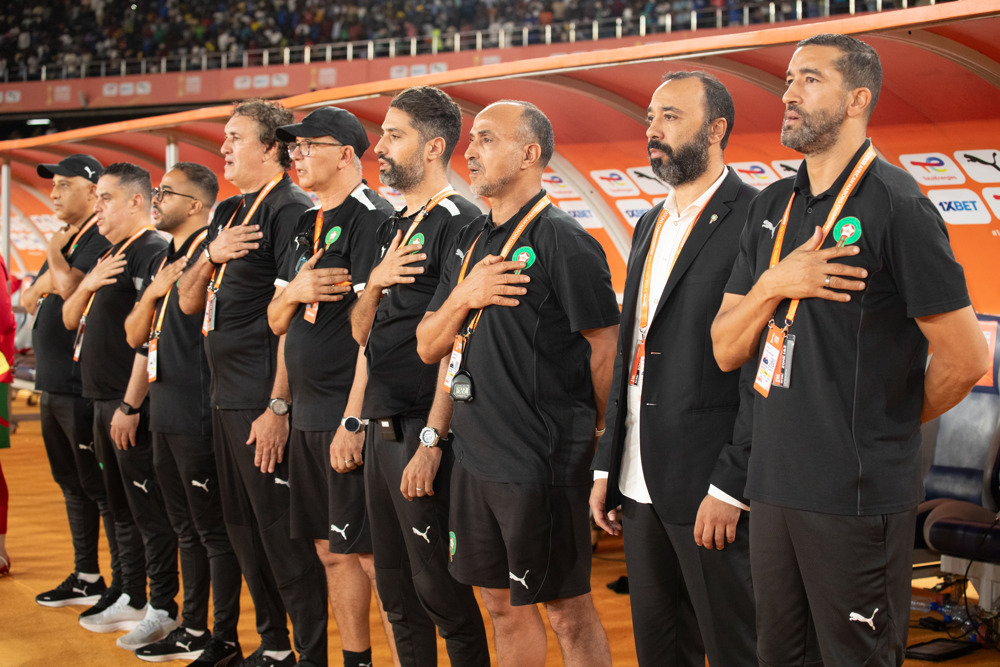
Patience as a weapon
Where other sides might rush in search of an early strike, Morocco tend to embrace the long game.
Against Senegal, they equalised quickly but then settled into a battle of attrition, eventually prevailing on penalties.
Kolsi believes that experience will serve them well against Madagascar.
“Morocco will know they don’t have to panic. They can wait for the right moment, provoke openings, and then strike. This calmness is one of their biggest strengths,” he said.
With the likes of Sabir Bougrine capable of spectacular finishes and Oussama Lamlioui leading the scoring charts, Morocco have the tools to punish even the smallest lapse.
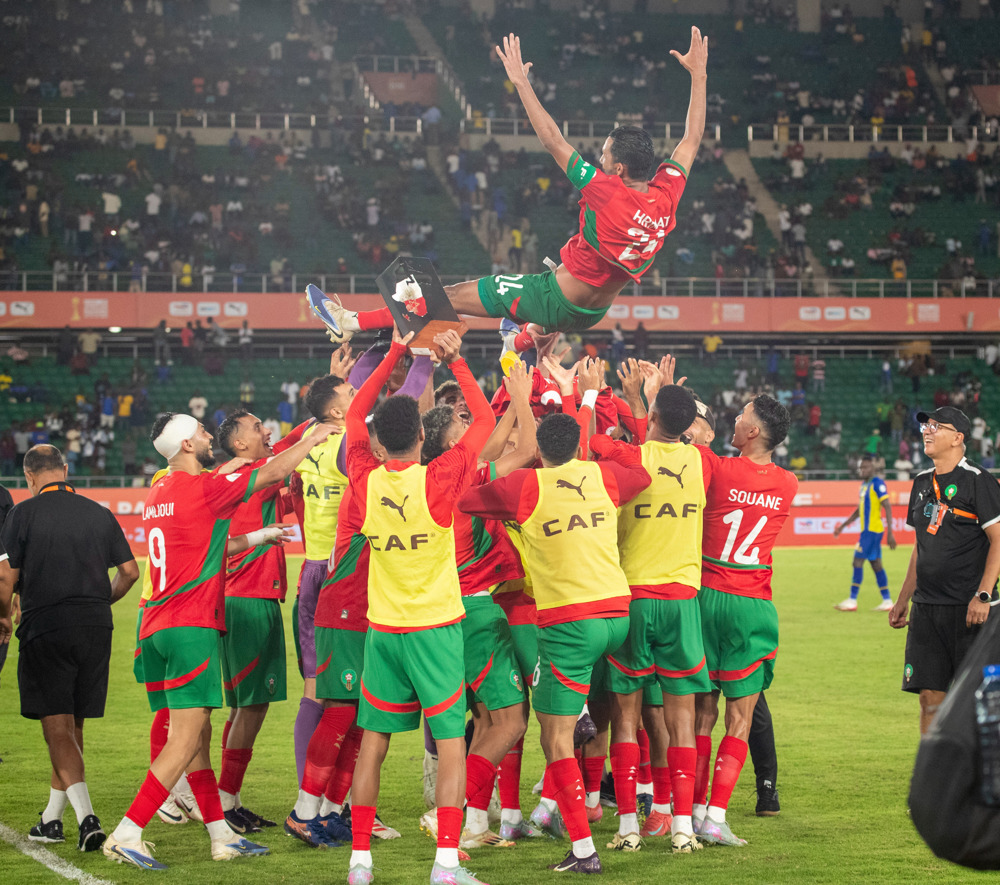
Midfield as the control tower
The midfield battle is likely to be decisive. Mehri’s creativity and balance, coupled with the vision of Youssef Belammari, allow Morocco to dictate tempo and direction.
Kolsi highlighted how central the trio’s role will be: “The rhythm of transitions in this final will demand enormous physical and technical quality from midfielders. Morocco’s experience here could make all the difference. These players can control the game in both phases, defensive and offensive.”
That midfield control has allowed Morocco to mask their relatively modest goal tally (10 goals in six games — their lowest in a CHAN run to the final), by ensuring opponents rarely dictate terms.
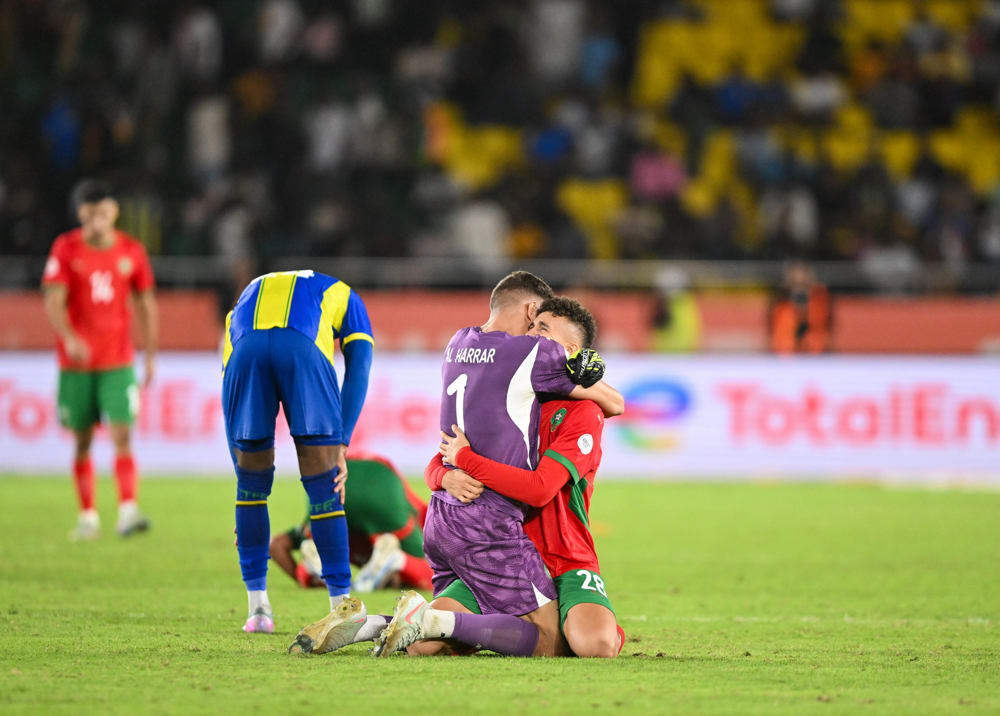
Set-pieces and small details
Finals are often decided by fine margins, and Kolsi sees set-pieces as a key battleground. “Yes, details will matter — corners, free-kicks, even throw-ins. Morocco have the quality in delivery and finishing to make these moments count.”
Lamlioui, with his aerial ability, and defenders like Anas Bach provide targets. Meanwhile, Bougrine and Mehri have consistently offered precision on dead balls.
The Lamlioui factor
While Morocco’s attack is collective, there is no ignoring Lamlioui.
The 26-year-old forward has scored four goals and provided an assist, his instinctive movement making him the tournament’s standout striker.
“Of course Madagascar will focus on Lamlioui,” Kolsi said.
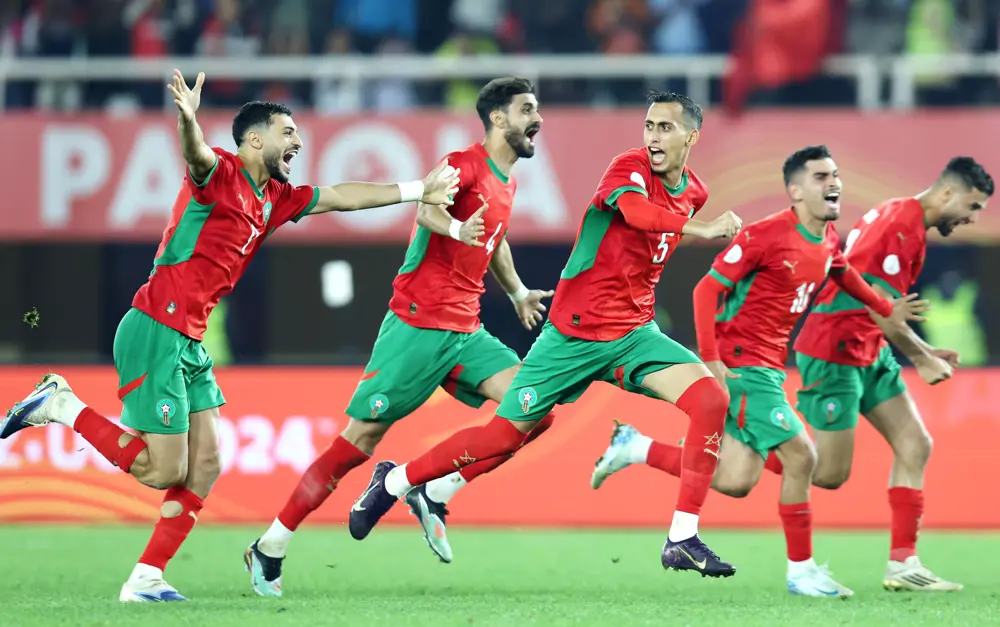
“But Morocco’s danger is that goals can come from anywhere. Their collective offensive power means opponents cannot concentrate only on one man.”
Still, Lamlioui’s knack for timing runs and converting half-chances makes him the focal point.
For Madagascar goalkeeper Michel “Toldo” Ramandimbisoa, keeping him quiet will be the ultimate challenge.
Defensive solidity
The Atlas Lions have conceded just once in their last three matches, testament to their compact organisation. Kolsi underlined the importance of this defensive shape.
“Morocco are strong collectively. Their back line knows when to stay compact and when to push up. That balance is critical in finals.”
Captain Ayoub Hrimat has been central to this stability, while Al Harrar’s shot-stopping has proven decisive in tight moments.
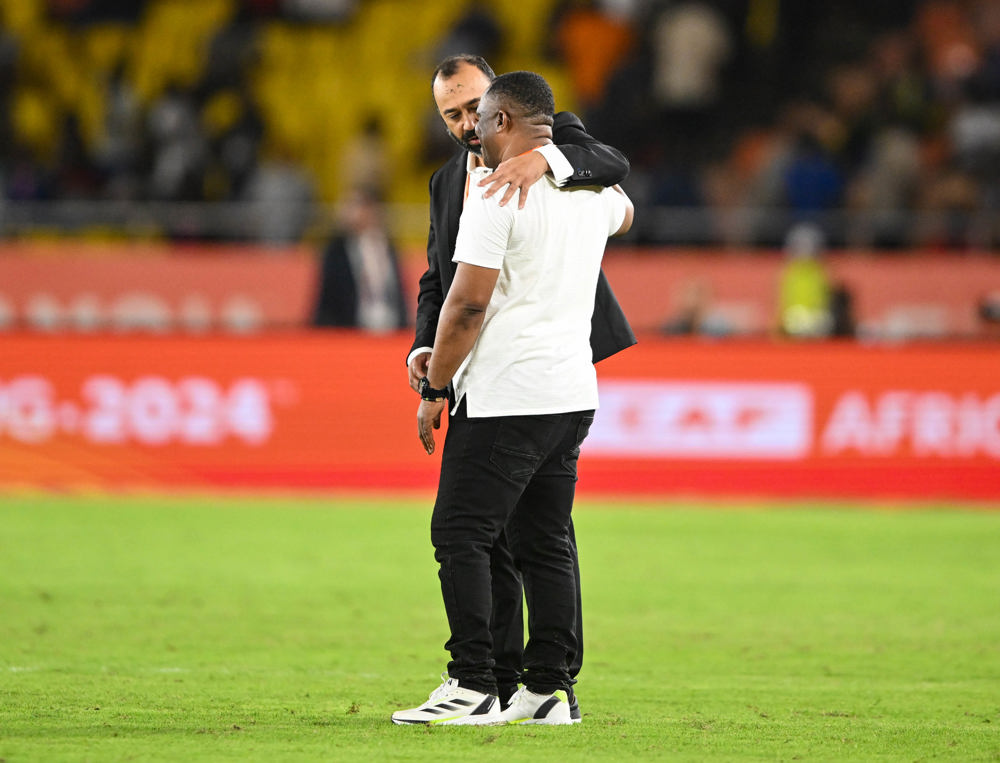
Sektioui’s experience
Tarik Sektioui, Morocco’s head coach, has been praised for instilling both discipline and freedom. A former winger himself, he encourages creativity in the final third but demands rigorous structure behind the ball.
Kolsi believes this balance will be Morocco’s edge: “They have more weapons, individually and collectively, than Madagascar. They have the patience to wait, the structure to absorb, and the experience to deliver when it matters.”
Morocco’s history on the line
Morocco are appearing in their third CHAN final in six years, having won in 2018 and 2020. A third triumph would make them the most successful nation in the competition’s history.
By contrast, Madagascar are debut finalists, the first island nation ever to reach this stage.
While Romuald Rakotondrabe’s side have inspired neutrals with resilience and tactical courage, Morocco’s experience gives them the edge.
The stakes could not be higher. If the Atlas Lions prevail, they will not only confirm their dominance in CHAN history but also reaffirm the strength of Morocco’s domestic football system, which continues to produce players capable of excelling on continental stages.
Conclusion
For Kolsi, the verdict is clear: “Morocco have the tools to win. They are experienced, tactically intelligent, and dangerous in many ways. Madagascar have heart, but Morocco have history and structure on their side.”
On Saturday in Nairobi, Morocco’s composure and collective power will be tested against Madagascar’s dream. One side will write history; the other will learn from it.
